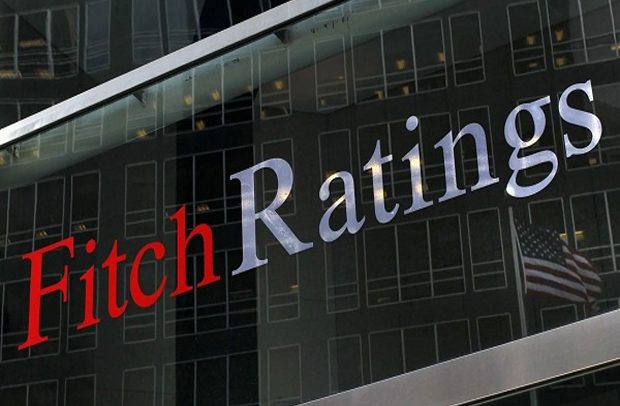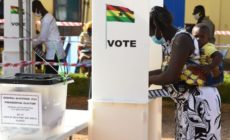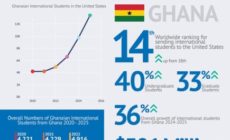Ghana may default in debt repayment – FITCH
- Posted on
- Comment

International rating agency, Fitch, says the country has more than 50 per cent chance of defaulting on its debt repayment.
According to Fitch, the country’s sovereign credit rating may face another downgrade closer to default, if talks with the International Monetary Fund (IMF) for a $3 billion package lead to debt restructuring.
Bloomberg reports that Ghana’s creditworthiness may be downgraded to ‘RD’, from ‘CC’. The downgrade, it said, reflected the increased likelihood that Ghana will pursue a debt restructuring given mounting financing stress, with surging interest costs on domestic debt and a prolonged lack of access to Eurobond markets.
Many analysts believe that a debt restructuring may lead to ‘haircut’ or downward review of existing interest rates of the government’s securities such as bills and bonds. Alternatively, the tenor of the investments may be extended.
Fitch in September 2022 downgraded Ghana’s Long-Term Local-and Foreign-Currency Issuer Default Ratings (IDRs) to further junk status or ‘CC’, from ‘CCC’.
The Head of EMEA Sovereign Ratings, Jan Friederich, noted that if talks with the International Monetary Fund led to debt restructuring, the country risks a further downgrade.
“If a debt restructuring is part of the agreement with the IMF, then, in terms of default risk, that will supersede any benefit from the financing support that Ghana might get from the IMF,” Mr. Friederich is quoted by Bloomberg.
Also, “a restructuring would likely lead to the relevant rating being placed in restrictive default,” he said.
That rating is assigned to an issuer that, in Fitch’s opinion, “has experienced an uncured payment default or distressed debt exchange” on a bond or loan but hasn’t entered into bankruptcy or some other form of administration.”
Default Risk
The country began formal negotiations for the extended credit facility programme with the IMF in September 2022 to bring stability in the economy, which has experienced rapid depreciation of its currency – the cedi, soaring inflation and interest rates.
This was after cutting its 2022 discretionary expenditure by as much as 30%. However, this did not deter investors from dumping Ghana’s Eurobonds.










 (Selorm) |
(Selorm) |  (Nana Kwesi)
(Nana Kwesi)